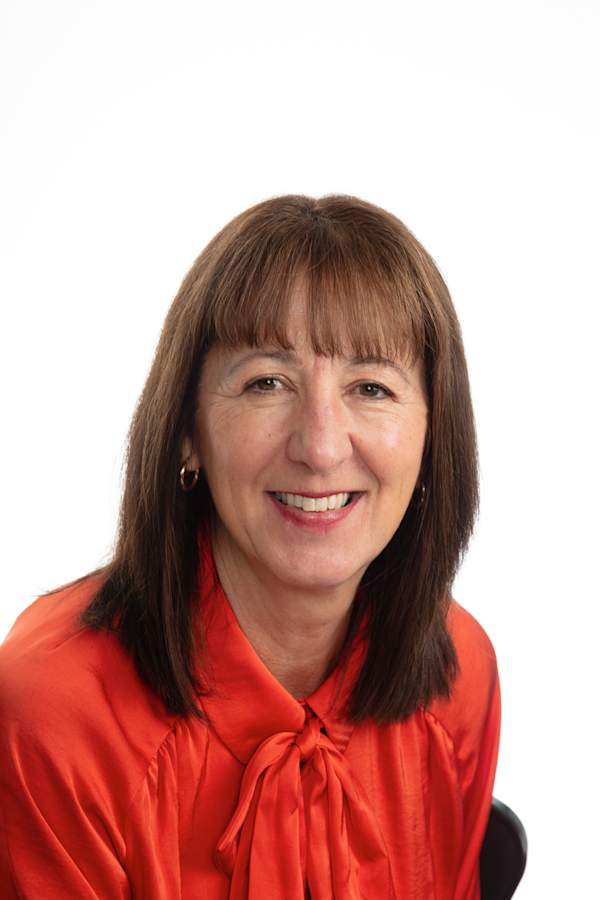By Nicky Sloan, CEO of Community Industry Group
Behind closed doors across the Illawarra Shoalhaven, a silent crisis is unfolding. Frontline community service providers estimate about 10-12% of the people they are working with have hoarding behaviours – and because of the associated work, health and safety issues, hoarding is impacting their access to vital support services.
Hoarding disorder is a recognised mental illness which progressively gets worse if left untreated. For those of you wondering if your collecting is getting out of hand, there is a difference between collecting and hoarding.
Collectors typically have a hobby – such as collecting stamps, coins, memorabilia, china or antiques. Collectors are proud of their collections and either display them or store them in specific places.
By contrast, people with hoarding disorder find it distressing and difficult to get rid of things – even when they have little value or are in poor condition. These can include things like old newspapers, food containers, bills, broken items and clothing. Typically hoarded items would be viewed by other people as neither valuable nor meaningful, and they could easily be sourced if needed.
Hoarding can, in some cases, lead to squalor, which is when living conditions become unsanitary or unsafe. This can often happen in cases of animal hoarding where waste and food can mount up, leading to vermin and parasite infestations.
People who have hoarding disorder often have towering piles of boxes, papers, containers and more with thin corridors of space between. These cause great risk of toppling onto care staff, causing physical injury, or there may be trip hazards which are dangerous for both residents and care staff. Houses can often become so crowded that there is no space to support someone with showering, toileting or food preparation. Some houses are so confronting they also create risk of psychological injury – particularly when squalor becomes an issue
Hoarding behaviours can limit access to services including aged care and disability supports because the environment is unsafe for personal care workers. But at their most extreme, these behaviours can lead to homelessness.
At a time when rental availability is limited, tenants with hoarding behaviours are at heightened risk of eviction. Often private landlords have limited desire to keep a tenant with these behaviours, but even our community housing providers who are very committed to keeping people in their homes are increasingly being confronted by tenants who hoard.
In addition to the risk of crush injury, recent research from the ANU Research School of Psychology reveals that 25 per cent of deaths from fires in homes occur in the homes of people with a hoarding problem. And while hoarding disorder is on the rise, the region has extremely limited access to specialist hoarding services.
To address this growing issue, Community Industry Group is bringing in an expert to train participants to deliver a 15-week program which helps people understand hoarding, explore barriers to sorting and discarding, and develop strategies to declutter their space.
We encourage anyone who works with people who hoard to take up this heavily discounted training. Every person with hoarding disorder deserves dignity, support, and hope for change, and our wonderful community service providers want to give the supports people need, but they are unable to send staff into a home which is full of risks.
Details of the Buried in Treasure training are available here.
About the writer
Nicky Sloan is committed to working to build a fair and inclusive community where all people are valued and enabled to live rewarding lives. She is the CEO of Community Industry Group and has extensive experience across the community services industry. Her diverse work history also includes local government, marketing, the tertiary sector, the finance sector, and owning and running small businesses. She has extensive governance experience and is currently an Independent Non-Executive Director of Warrigal, a substantial not-for-profit specialising in the provision of services for older people; Chair of the Board of Wollongong Conservatorium of Music; and an Honorary Fellow of the University of Wollongong.







